
Artificial intelligence and digital tools for climate resilient agrifood systems
This event explores the potential of new digital technologies with a focus on the pivotal role of artificial intelligence in building climate-resilient agrifood systems that are more efficient, sustainable and adaptable. Bringing together experts from the broadest agricultural and technology sectors, the event will spark dialogue on how to enable sustainable agriculture and climate actions driven by safe use of data and new technologies considering the new social and ethical challenges.
Press release
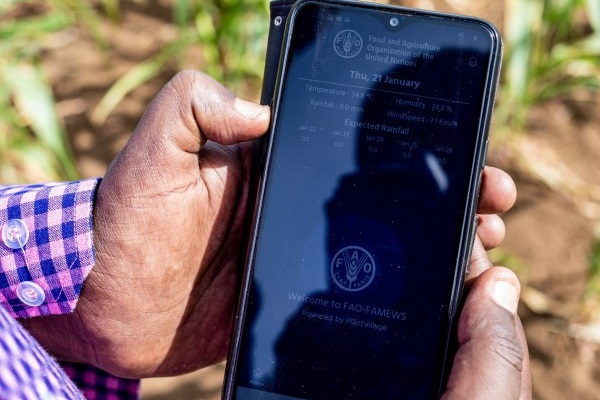
World Food Forum: The pivotal role of Artificial Intelligence (AI) and digital tools in making agrifood systems climate resilient
New technologies help farmers manage crops and livestock, detect pests and diseases and optimize the use of labour, fertilizers, pesticides, feed and water
Speakers

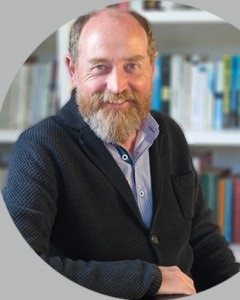
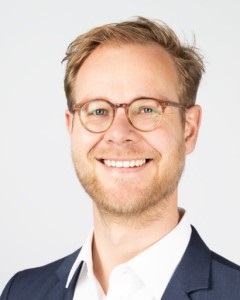
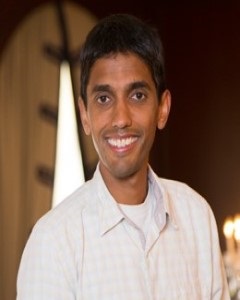
Dr. Qu Dongyu took office on 1 August 2019 as the ninth Director-General of the Food and Agriculture Organization of the United Nations (FAO) and was re-elected for a second four-year term on 2 July 2023.
Before first being elected as FAO Director-General, Dr. Qu served as China’s Vice Minister of Agriculture and Rural Affairs (MARA), where one of his achievements was to promote inclusive and innovative development and make sure information and communication technologies (ICT) were available in rural areas so that more than 400 million farmers could use their smartphones as a new farming tool. Another national initiative led by Dr. Qu was to improve reporting of wholesale prices for agricultural products in China and foster the establishment of more than 100 specialty production areas geared to making local comparative advantages work to the benefit of local farmers.
Born in 1963 to a rice-growing family in China’s Hunan Province, Dr. Qu studied horticultural science at Hunan Agricultural University and then plant breeding and genetics at the Chinese Academy of Agricultural Sciences. He later added environmental science to his knowledge portfolio while earning a PhD at Wageningen University, in the Netherlands.
Alan Belward is Deputy Director at the European Commission’s Sustainability Directorate in the Joint Research Centre Directorate General. Alan is Head of the Food Security Unit and has a background in Plant Biology, Agricultural Engineering and Earth Observation Science. He has published extensively in the field of applied remote sensing, has chaired a number of international science panels, including the FAO sponsored Terrestrial Observations Panel for Climate (part of the UN sponsored Global Climate Observing System) and served as a principal investigator on the NASA USGS Landsat Science Team for two terms. He has a B.Sc degree from Newcastle University and Ph.D. from Cranfield University. He is also a Fellow of the UK’s Royal Society of Biology
His current research activities center around computational perception and cognition, machine learning, computer vision, and human-machine interaction and cover a wide field of applications ranging from multimedia and augmented reality, through medicine to agriculture and industrial production.
Later he joined Microsoft Research India’s Technology for Emerging Markets team, where he researched ways to amplify the effectiveness of agricultural development globally.
The time Rikin spent in India’s rural communities changed his life. He developed a passion for helping the country’s rural farmers, whom he saw as heroes. More than a decade later, that passion has become Rikin’s career; in 2006, he co-founded what has become Digital Green.
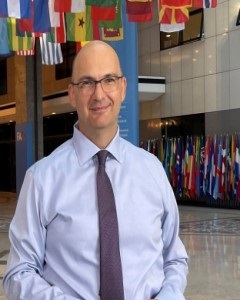
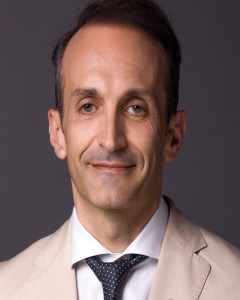
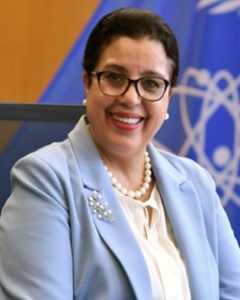
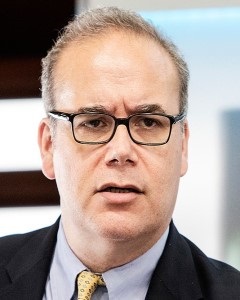
Prior to joining FAO, Mr Jakovljevic held positions with UNICEF and WHO, with leadership roles in East Asia and Pacific, European Region, and driving Global initiatives in the other parts of the world. Mr. Jakovljevic has Master's and Bachelor's degrees from the University of Houston, Texas.
Dr. Martin is the Director of the Office of Innovation at FAO.
With a wealth of expertise in Diplomacy, Global Health, Food and Nutrition
Security, Epidemiology and Spatial Analysis, he has more than 20 years of field
experience developing strategies and policies, exploring, and experimenting to
source solutions to fight against hunger while championing the gender agenda.
Dr. Martin joined FAO in 1998, in the Animal Production and Health Division.
Since then, he has held various positions at FAO and the UN, including Animal
Health Officer of Infectious Disease Analysis and Early Warning, Senior
Technical Advisor, Head of Animal Health Early Warning System (EMPRES), FAO
Representative in Senegal and Head of the Regional Resilience Team for West
Africa and the Sahel. Since May 2020, he has served as the United Nations
Resident Coordinator (UNRC) in Guinea, overseeing some 24 UN agencies, funds
and programmes.
From 2012 to 2014, Ms Mokhtar was the Section Head of the Nutrition and Health related Environmental Studies, Human Health Division. From 2010 to 2012, she was the Director of Science and Technology at the Hassan II Academy of Science and Technology in Morocco, where she coordinated the national strategy on Education and Research. She worked as University Professor and Research Director at the University Ibn Tofail in Morocco for more than 20 years. Ms Mokhtar was a Technical Officer at the Agency from 2001 to 2007.
Ms Mokhtar holds a PhD in Nutrition and Endocrinology from Laval University in Canada and has a doctorate in food sciences from the University of Dijon in France. She has done her postdoctoral training as a Fulbright fellow at Johns Hopkins University in the United States of America.
Mr. Maximo Torero Cullen is the Chief Economist of the Food and Agriculture Organization (FAO). He joined the Organization in January 2019 as Assistant Director-General for the Economic and Social Development Department. Prior to joining FAO, he was the World Bank Group Executive Director for Argentina, Bolivia, Chile Paraguay, Peru and Uruguay since November 2016 and before the Bank Mr. Torero led the Division of the Markets, Trade, and Institutions at the International Food Policy Research Institute (IFPRI).
His major research work lies mostly in analyzing poverty, inequality, importance of geography and assets (private or public) in explaining poverty, and in policies oriented towards poverty alleviation based on the role played by infrastructure, institutions, and on how technological breakthroughs (or discontinuities) can improve the welfare of households and small farmers. His experience encompasses Latin America, Sub-Saharan Africa, and Asia.
